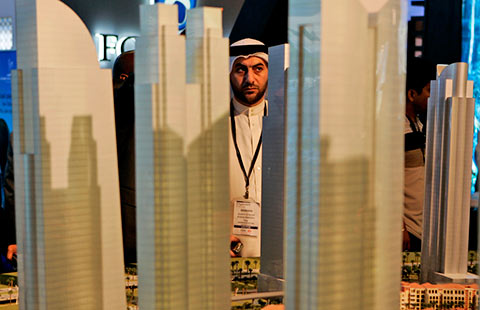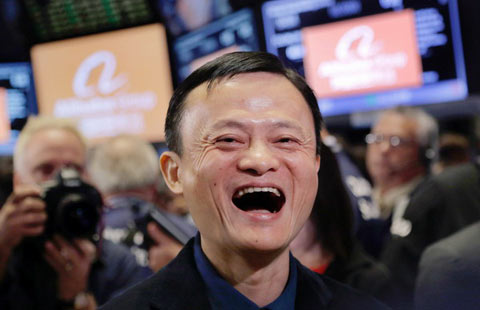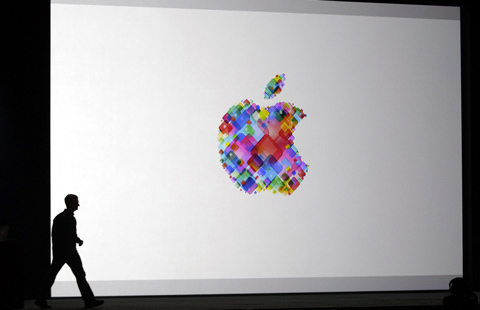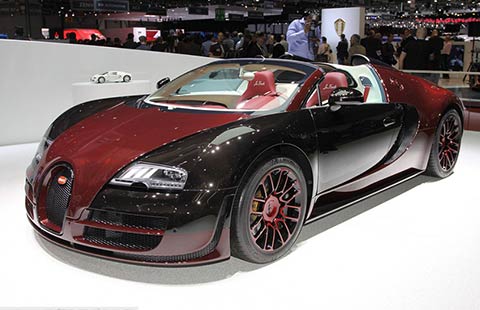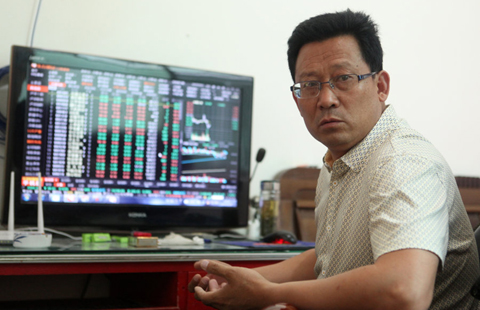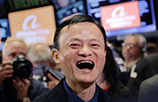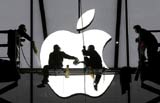White goods brigade looking for more color
By Cecily Liu in London (China Daily) Updated: 2015-06-08 07:27Haier Europe, whose headquarters are in France, has subsidiaries in Belgium, Britain, Germany, Italy, Poland, Russia and Spain. Sales for the 2014-15 financial year were worth about 500 million euros. It employs about 500 people in Europe.
A research and development center covering more than 1,000 square meters, in which designs for dishwashers, refrigerators and freezers are refined, opened in Nuremberg in 2011.
Europe is strategically important for Haier because it is a mature market with a heavy concentration of top white goods brands, and that pushes Haier to be more innovative, Fierling said.
In 2013, one of its fridges won an award in Germany for its design.
Hisense is a another Chinese white goods firm that has used its experience as an original equipment manufacturer for European firms to focus on its branded products.
"We are growing fast because we have great products and we understand the needs of customers in the UK market," Louis Hou, managing director of Hisense UK, said.
Starting from refrigerators when Hisense first entered the United Kingdom, it has broadened its product range to include televisions, smartphones, tablets and washing machines. Some of its TV products are made in Eastern Europe by contract partners, but Hisense has plans to open its own factories in Europe in the near future.
In 2009 it started to focus on marketing its own branded products in Europe. This led to the establishment of subsidiaries in Italy, Germany and Spain, followed by the UK in 2012 and France last year.
Changhong, a Sichuan-based white goods manufacturer, has set up a factory in the Czech Republic, making televisions for the local market and other European countries.
Fierling, who joined Haier in March, previously worked for a US home appliance firm and has been active in the white goods market for 15 years.
Although Haier was not big when he first joined the industry, he was impressed with the Chinese firm's quality and fast growth, he said.
"Back then, I got the impression that Haier was a brand that listens very much to the end consumer. They know what the consumer is looking for and grow according to these consumer expectations."
Fierling said that he is impressed with the zero-distance concept, the idea that everyone in the firm takes consumer needs into account in his/her day-to-day work.
One good example of this concept in Europe is the establishment in 2010 of the Haier Club, which enables Internet users to talk about Haier products and exchange tips and comments, he said. It now has 120,000 members, the company said.
- Consumers cherry-pick website with a difference
- Opening up fields of cooperation with outside world
- White goods brigade looking for more color
- Get in the game with right English name
- Consumers have a taste for food sites
- Cultivating your veggies with just one single click
- Web boom helps farming grow
- Top 10 luxury real estate markets in the world
